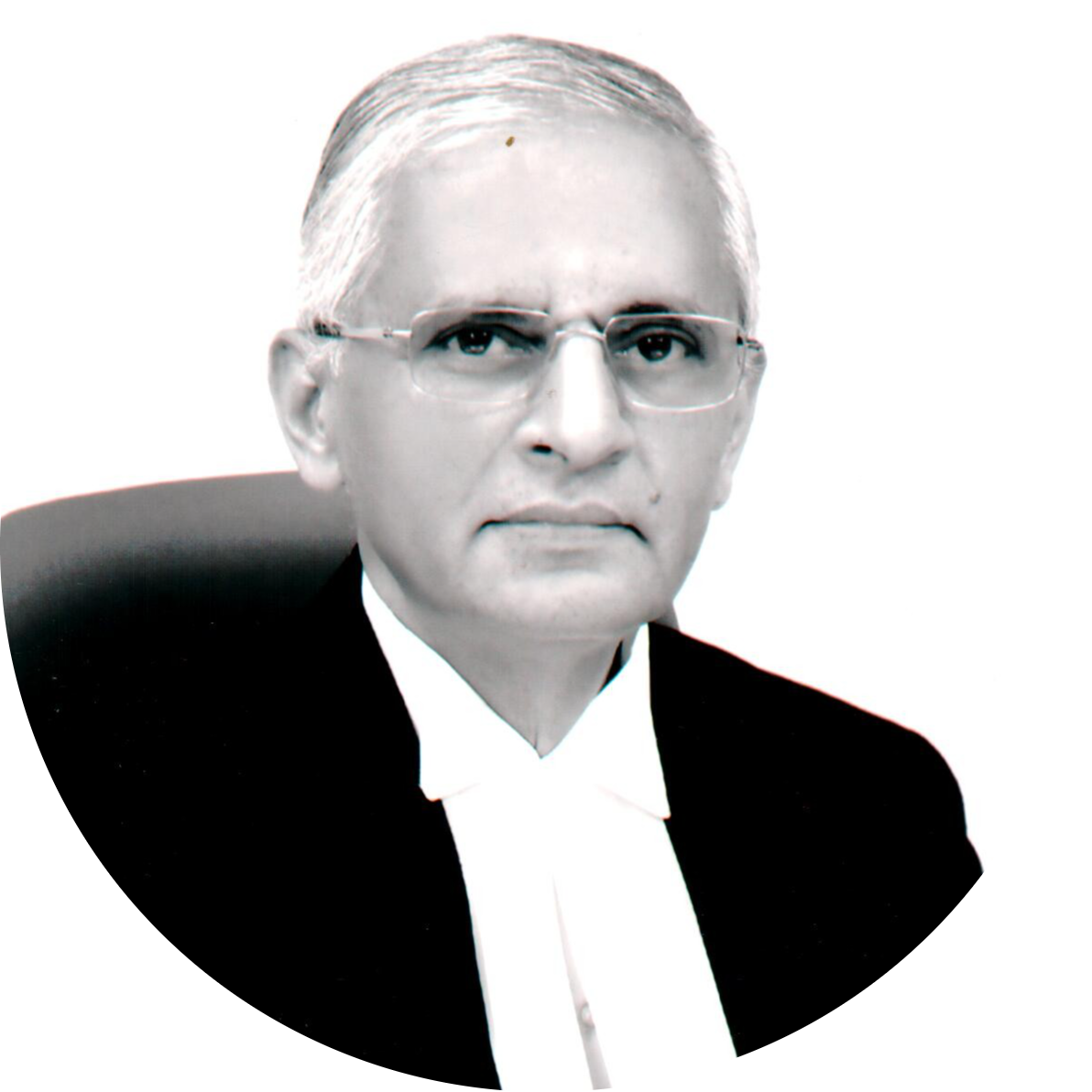A.S. Bopanna

A.S. Bopanna
Former Judge of the Supreme Court of India
Assumed Office24th May, 2019
Retired On19th May, 2024
Previously
Chief Justice of the Gauhati High CourtOctober 29th 2018 - May 24th 2019
Permanent Judge of the Karnataka High CourtMarch 1st 2007 - October 28th 2018
Additional Judge of the Karnataka High CourtJanuary 6th 2006 - February 28th 2007
EnrolmentNovember 21st 1984
Profile
Career as an Advocate
Justice Ajjikuttira Somaiah Bopanna was born on May 20th, 1959. He enrolled in the Bar Council of Karnataka in 1984 and practised in the Karnataka High Court for 22 years. He mainly practised in Civil, Constitutional, Company, Service and Labour matters. Between 1999-2005, he worked as a legal advisor to all central public sector undertakings and as the Additional Central Government Standing Counsel.
Career as a Judge
On January 6th, 2006, Justice Bopanna was appointed as the Additional Judge of the High Court of Karnataka. He then became a permanent judge at the Karnataka High Court on March 1st, 2007.
On October 29th, 2018 he took oath as the Chief Justice of the Gauhati High Court. On April 12th, 2019 the Collegium recommended Justice Bopanna as a Judge in the Supreme Court. His recommendation attracted some controversy as his name was initially rejected by the Union Government. His name was accepted after the Collegium reiterated his name for the second time.
On May 24th, 2019, Justice Bopanna was elevated to the Supreme Court. He will retire on May 19th, 2024.
Figure 1 indicates that Justice Bopanna has authored 84 judgements and has been a part of 437 Benches during his tenure so far.
Figure 2 indicates that Justice Bopanna has mainly authored judgements in Criminal matters (18%). This is followed by Judgements in Civil (12%), Constitution(11%) and Property (11%).
Notable Judgements
In Sukhpal Singh Khaira v State of Punjab, Justice Bopanna clarified that a new accused may be summoned after the conclusion of the trial depending on the stage of conclusion. The stage of the conclusion of the trial depends on the verdict. If the original accused persons are acquitted, the trial will be considered to have concluded once the Judgment is pronounced. However, if the original accused are pronounced guilty, the trial will continue until the punishment or ‘sentence’ of the accused is decided. In the second instance, newly accused persons may be summoned to trial until the sentence is passed.
In the case of S. M. Kannaiah v State of Karnataka, it was held by the three-judge bench comprising Justice Bopanna that as per the Land Acquisition (Karnataka Extension and Amendment) Act, 1961 possession taken by subordinate officers by complying with procedures would be valid in law. However, only if such possession was taken based on an authorization issued by concerned officers.
